Frank Pallone calls for early US-India dialogue to address policy frictions
The New Jersey Congressman urged reconsideration of new visa policies and stronger cooperation.
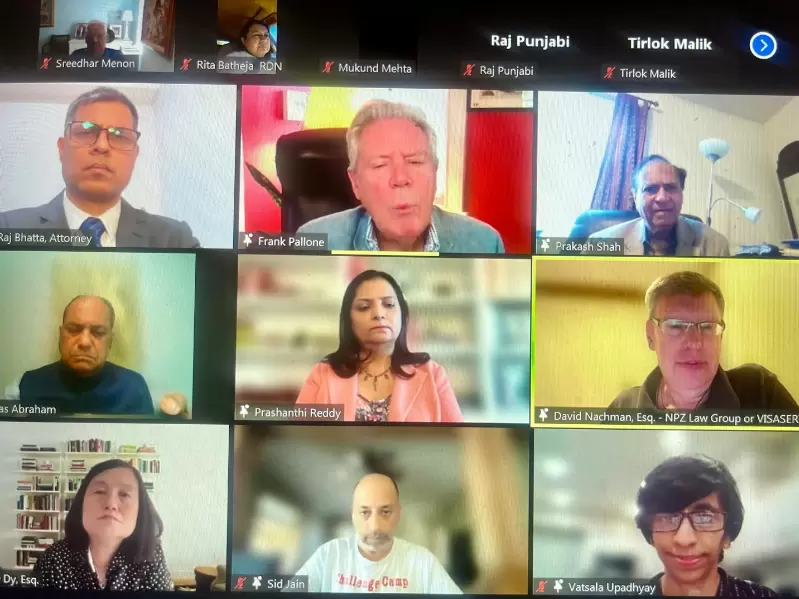 Speaking at a webinar hosted by the Global Organization of People of Indian Origin (GOPIO) on Oct. 4, 2025, Pallone urged a more balanced approach to immigration and economic policy. / GOPIO
Speaking at a webinar hosted by the Global Organization of People of Indian Origin (GOPIO) on Oct. 4, 2025, Pallone urged a more balanced approach to immigration and economic policy. / GOPIO
U.S. Congressman from New Jersey, Frank Pallone, has called for an early dialogue between Washington and New Delhi to address what he described as “current hiccups” in bilateral relations. Speaking at a webinar hosted by the Global Organization of People of Indian Origin (GOPIO) on Oct. 4, 2025, Pallone urged a more balanced approach to immigration and economic policy, warning that recent measures could weaken the U.S. position in the global competition for talent.
The discussion, titled “H-1B Visa Storm: Current Challenges and Pathways Forward,” brought together legal experts, policy analysts, and members of the Indian diaspora. It followed the Trump administration’s Sept. 19 announcement of a proposed $100,000 H-1B visa fee—67 times the current rate—sparking confusion and concern among applicants, employers, and immigrant communities.
ALSO READ: US to charge $250 visa fee for tourists, students from 2026
GOPIO Chairman Dr. Thomas Abraham said the announcement had “shocked” many in the community. “We wrote our concerns to President Trump,” he said. “We got a reply back from him, but it was a standard reply which didn’t touch upon the issue we had raised.” He added that data analysis shows the H-1B program contributes over $200 billion annually to the U.S. economy, compared to an estimated $8.5 billion in associated costs.
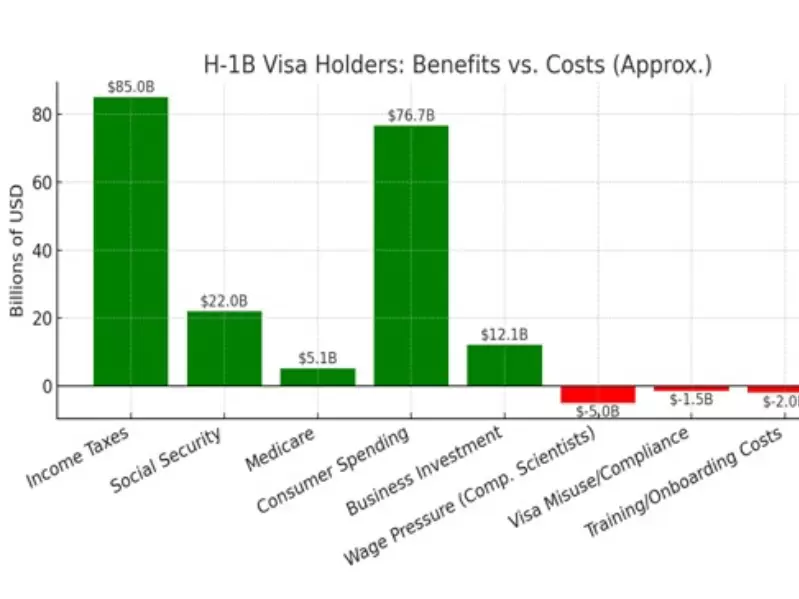 H1B Visa holders: Benifits Vs costs. / GOPIO
H1B Visa holders: Benifits Vs costs. / GOPIONew York immigration attorney Dilli Batta moderated the panel, which included attorneys David Nachman, Stephanie Dy, and Prashanti Reddy. Nachman described the policy confusion as a “torrential rainstorm,” warning that the new fee structure, lottery changes prioritizing high-wage earners, and stricter compliance measures would “decide H-1Bs on money and economy instead of the toils of the mind.”
Reddy explained that the new policy primarily affects applicants outside the U.S. who have never held an H-1B visa, while Dy noted that employers may find it increasingly difficult to hire skilled professionals, particularly at smaller firms. The panel warned that these measures could undermine innovation and push global talent toward more welcoming countries.
Pallone, who represents New Jersey’s 6th Congressional District and co-founded the India Caucus in Congress, said the policy “shifts focus from building local skills to simply generating revenue.” He cautioned that such moves could “unfairly impact small businesses and innovative sectors” and lead skilled professionals to seek opportunities elsewhere, including in Germany and China.
“Meanwhile, India’s pivot toward countries such as Russia and China—partially in response to U.S. policy—raises additional strategic and economic concerns,” he said.
Pallone emphasized the need for bipartisan engagement to preserve the H-1B program’s benefits, noting that it has contributed significantly to the U.S. technology sector. He urged Indian American organizations like GOPIO to work closely with Congress “towards a more considered approach” that supports innovation and maintains strong U.S.-India ties.
The event concluded with GOPIO leaders reaffirming plans to continue their engagement with policymakers and promote informed community advocacy on immigration and economic issues.




 Pranavi Sharma
Pranavi Sharma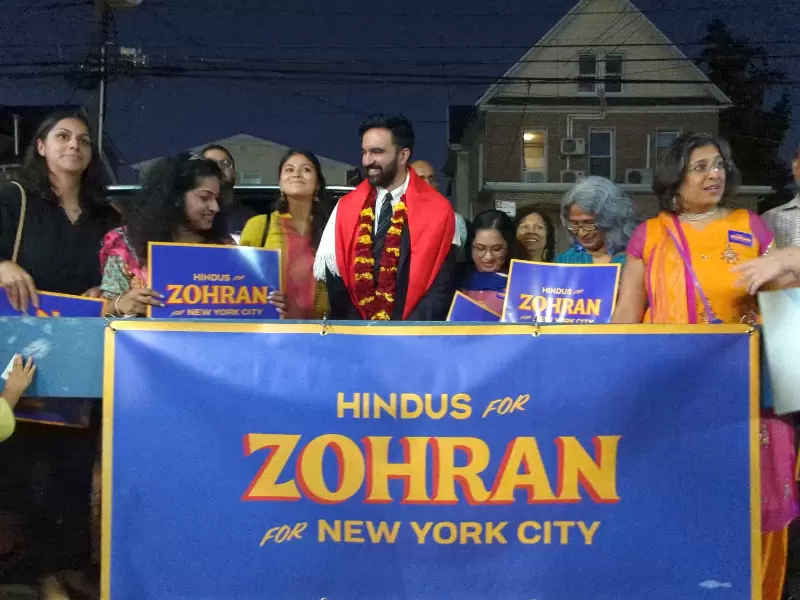

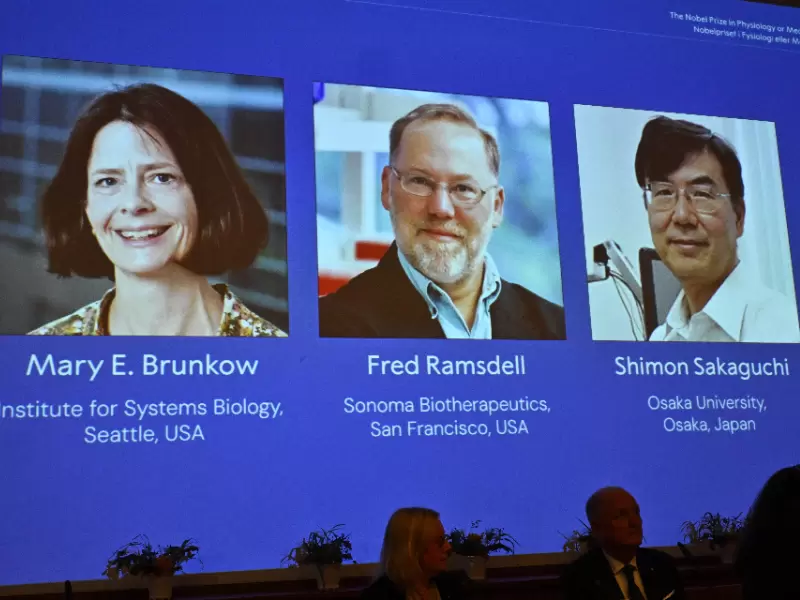
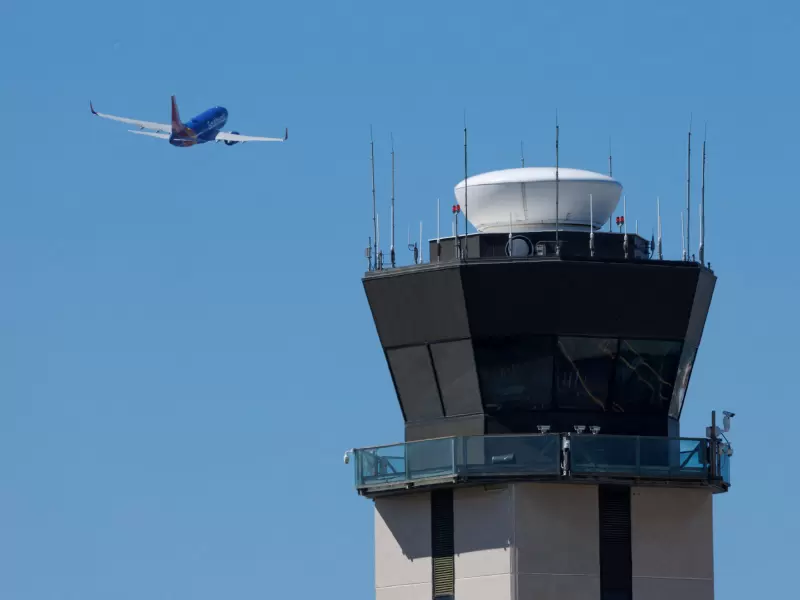
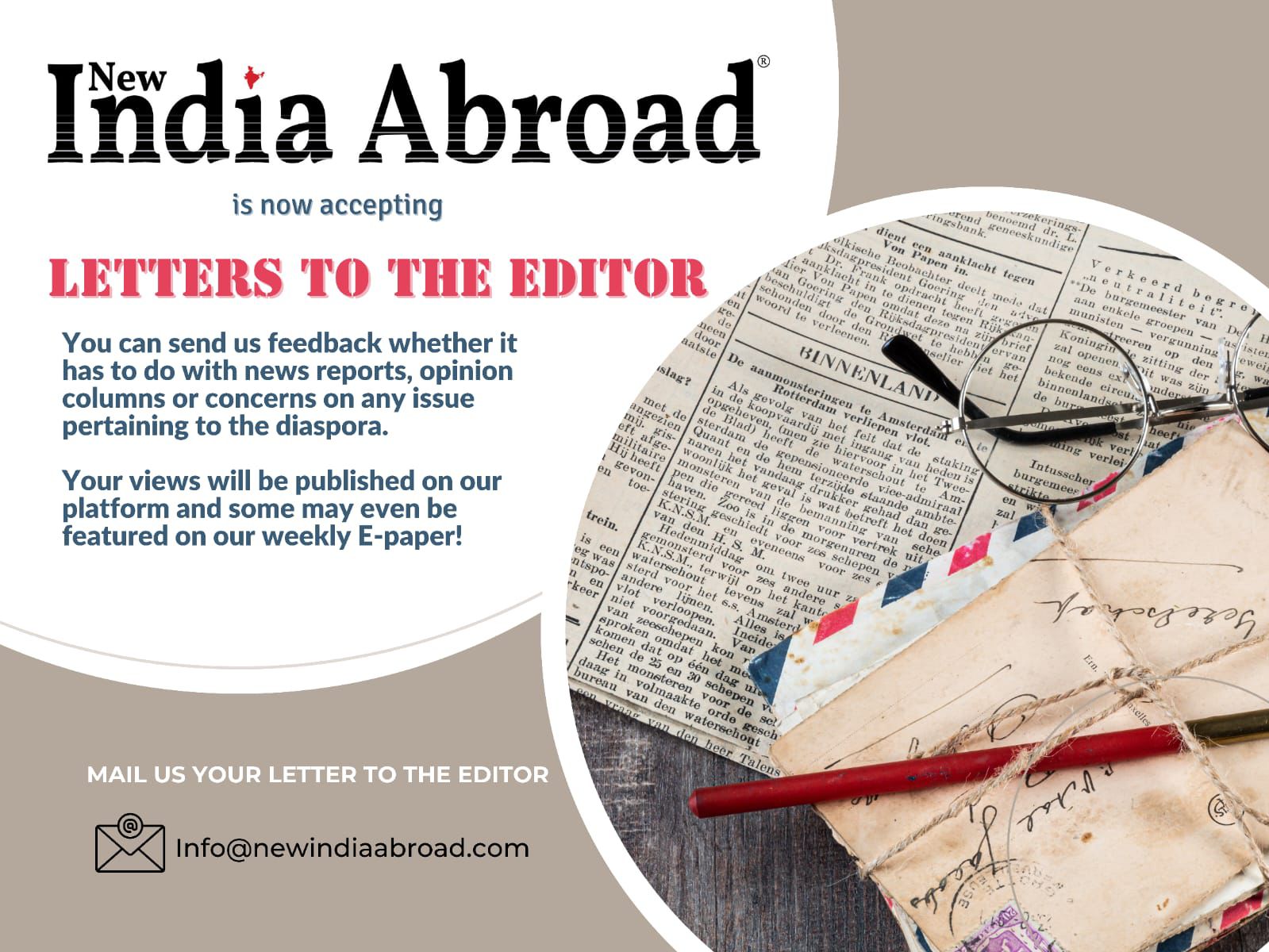



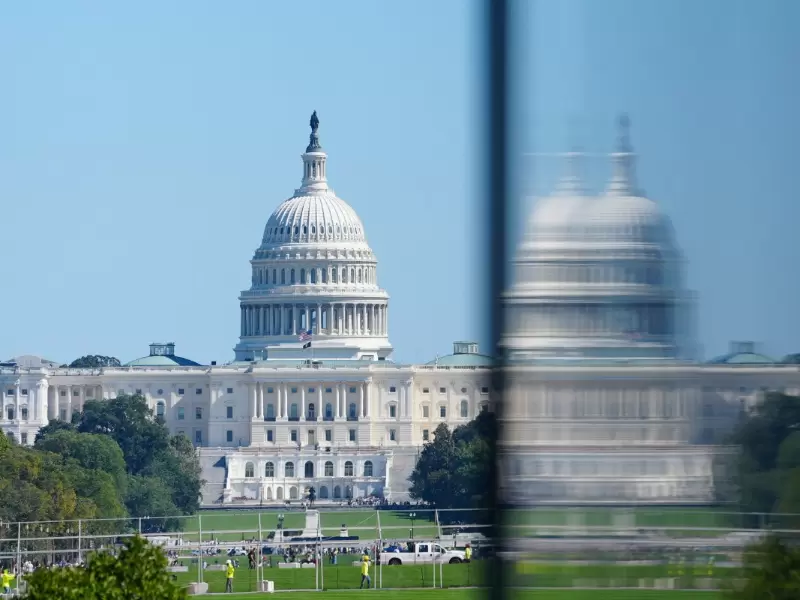






Comments
Start the conversation
Become a member of New India Abroad to start commenting.
Sign Up Now
Already have an account? Login